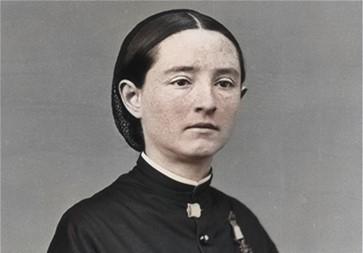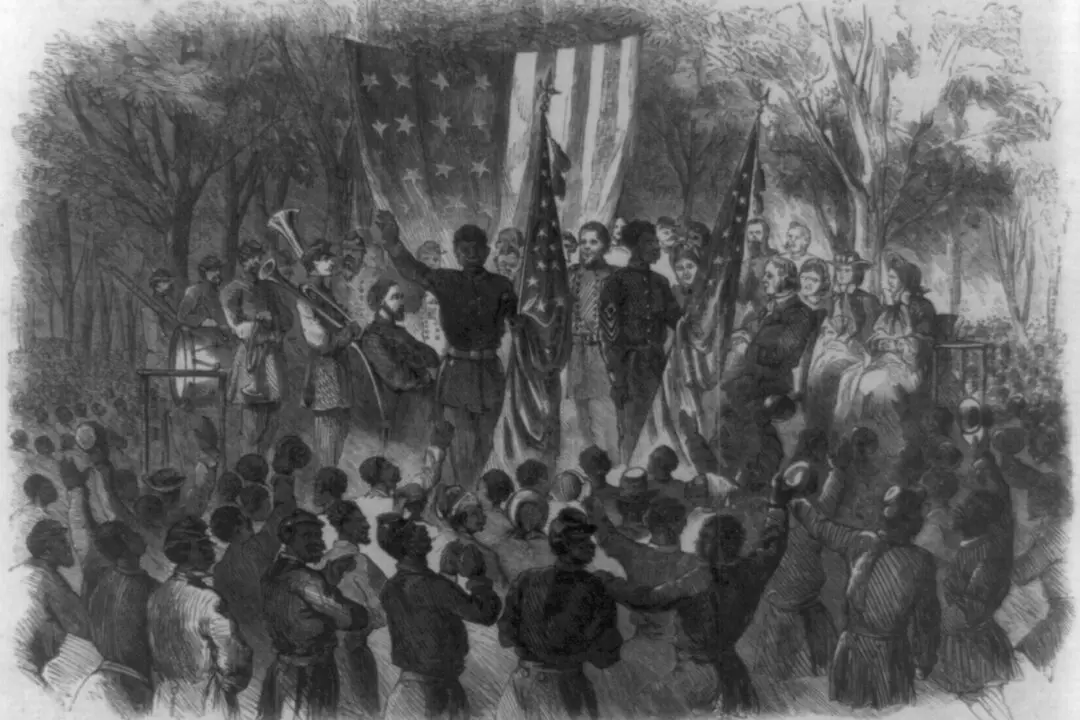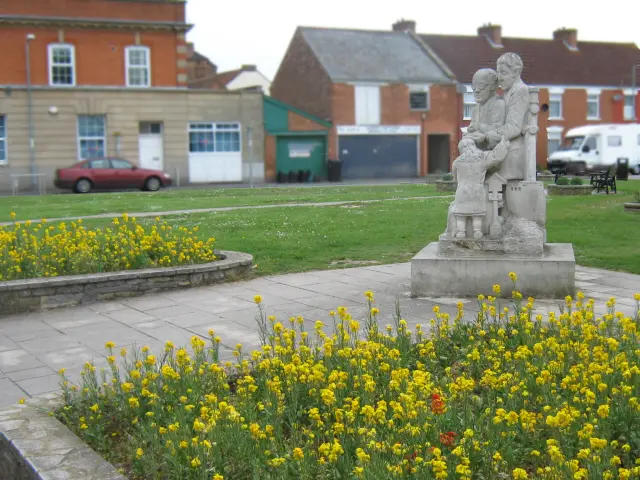Starting at a young age, Mary Edwards Walker knew that she wanted to make a difference in society. After becoming interested in her father’s medical books as a child, Walker sought to become a doctor.
Edwards was born in Oswego, New York, in 1832 to a Christian family of devoted abolitionists. Her parents opened up the first free school in Oswego for boys and girls.






